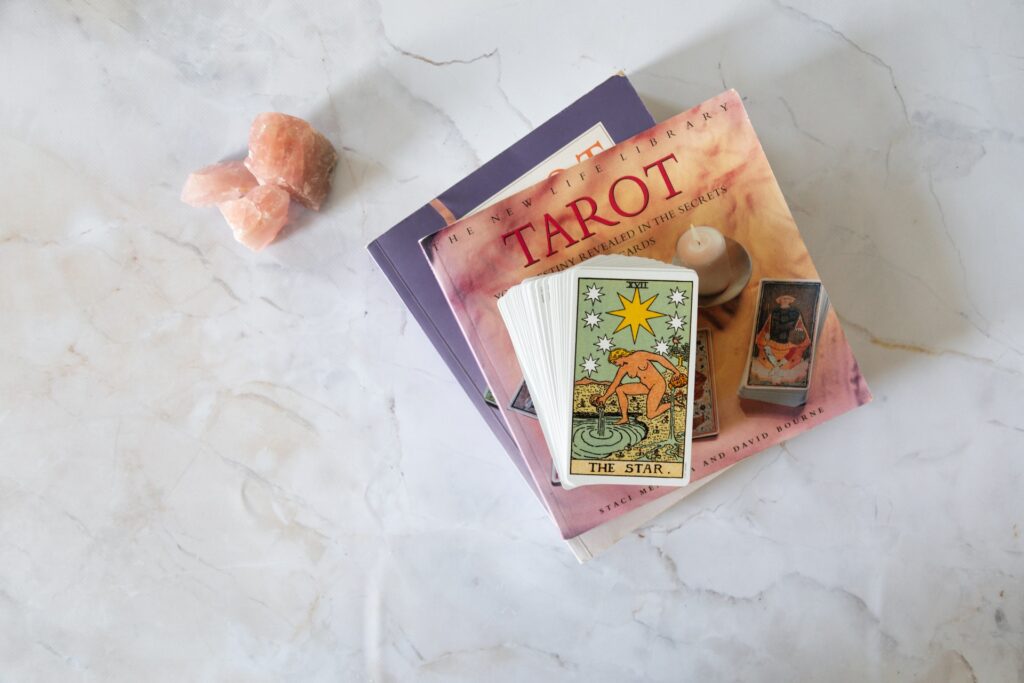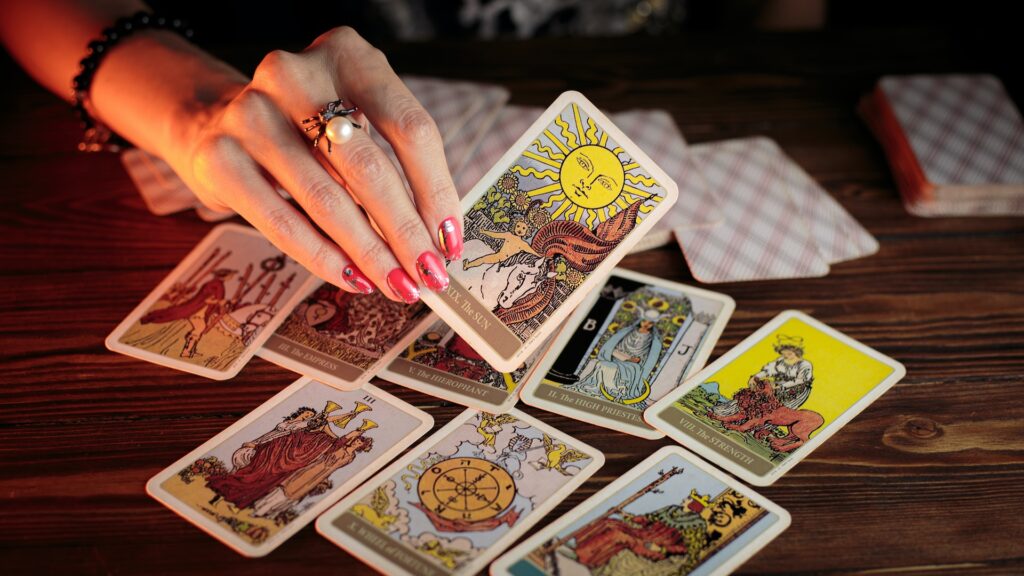Tarot reading is an age-old way to potentially gain a better understanding yourself and get some fairly leftfield ‘insights’ into the future. But providing wrong information or taking advantage of the process may do harm to the person getting the reading, both emotionally and mentally.
As tarot reading has moved from intimate settings to online platforms, ethical considerations are more crucial for tarot reading activities, whether you’re giving a tarot reading with one card or something altogether more in-depth and expansive..
Today, we’re considering the key ethical facets that every tarot reader must consider. Let’s dive in.
Informed Consent
One of the most crucial ethical considerations in tarot reading is informed consent. People getting a tarot reading should know what to expect before the cards are mixed and laid out. While tarot reading isn’t a licensed profession like healthcare, the principle of informed consent should be upheld with the same rigour. Before reading, practitioners should clearly explain the nature of tarot, including its limitations and what can and cannot be predicted.
For instance, it’s key to say that tarot isn’t a replacement for medical or mental health advice. If a health-related issue surfaces during the reading, the ethical tarot reader should encourage the client to consult a healthcare professional. Similarly, a tarot reader should never claim to predict specific events with certainty, such as death or a marriage proposal.
Additionally, the querent must voluntarily agree to undergo the reading, free from any pressure or coercion. This means avoiding manipulative techniques like fear-mongering or making grand promises about life-changing revelations. Informed consent also includes respecting the querent’s right to stop the reading at any point.

Confidentiality
Respecting the privacy of the querent is non-negotiable. Confidentiality is vital, not only for building trust but also for adhering to ethical guidelines. Once a tarot reader or psychic medium starts a session, any information divulged by the client should be treated with the utmost confidentiality, regardless of whether the reading is conducted face-to-face or online.
Personal information, whether related to relationships, career, or health, should never be disclosed without the explicit consent of the querent. Imagine the harm it could cause if sensitive information were leaked or discussed openly. Therefore, maintaining a strict boundary around client information is imperative.
Moreover, if a reading is being recorded, explicit permission must be obtained from the querent in advance. Whether notes are taken for the reader’s benefit or a recording is being made for later review, these steps should be communicated clearly and agreed upon.
Psychological Impact
The psychological impact of a tarot reading can’t be underestimated. A tarot session can bring out all kinds of feelings, from happiness and hope to worry and stress. Ethical tarot readers must be aware of their influence and manage it carefully.
Remember that words have power. Telling someone they’re destined for failure or great suffering, even indirectly, can create self-fulfilling prophecies. Conversely, overly positive readings can also be dangerous, leading clients to take risks or make unadvised choices based on a falsely optimistic outlook.
Furthermore, being aware of the querent’s mental state is important. If the client appears vulnerable or emotionally unstable, it may be ethically responsible to decline the reading or refer them to a qualified mental health professional. Remember, ethical tarot reading isn’t just about predicting the future; it’s about offering guidance responsibly and sensitively.

Setting Boundaries
As outlined in the International Tarot Foundation’s Code of Ethics, setting clear boundaries is essential for any tarot reader aiming to provide ethical guidance. This involves restricting the roles and responsibilities of both the reader and the querent. For instance, while the tarot reader offers interpretations of the cards, the querent should be aware that they have the ultimate responsibility for their choices based on those insights.
Clear boundaries can help prevent the reader from crossing into areas where they’re not qualified. For example, giving legal or medical advice is misleading and could have detrimental effects on the querent’s life. Always be explicit about the limitations of tarot readings; they are not replacements for professional advice in any field.
Likewise, before the session begins, there should be a discussion about financial boundaries, including fees and payment methods. This eliminates any ambiguity and potential conflict later on.
Cultural Sensitivity
Tarot reading is an amalgamation of various cultural, mystical, and religious symbols and archetypes. Indeed, it’s essential to take a sensitive, engaged approach to cultural nuances, especially if you’re reading for individuals from diverse backgrounds. Ethical tarot readers should strive to be inclusive, respecting different belief systems, traditions, and customs.
For example, certain symbols or interpretations that resonate in one culture might be meaningless or even offensive in another. Being culturally sensitive also extends to understanding the querent’s beliefs about the tarot. The reader must adapt their style and language to align with the querent’s understanding and comfort zone.
This cultural sensitivity is ethical and can enrich the tarot reading experience, opening doors to diverse interpretations and deeper levels of understanding. This way, you can provide each querent a more customised and respectful service.

Ongoing Education
The field of tarot reading is ever-evolving, with new perspectives and interpretations continually emerging. Ethical tarot readers understand that their education is never complete. Ongoing education is essential to remain updated on best practices, ethical guidelines, and the latest research on human psychology and symbolism.
There are various ways tarot readers can continue their education. Attending workshops, reading books, participating in webinars, and joining tarot communities are just a few methods. Peer reviews and feedback can provide invaluable insights into one’s practice. Additionally, keeping abreast of legal and ethical updates in the field ensures you’re always on the right side of ethical considerations.
Continual learning enriches your practice, allowing you to offer better services to your querents. Not only does this make you more competent, but it also elevates the overall reputation of the tarot-reading community. Thus, ongoing education is not just a personal responsibility; it’s a communal one that contributes to the integrity and efficacy of tarot readings.
The Bottom Line
Tarot reading offers a unique blend of spirituality, psychology, and personal guidance. Adhering to ethical considerations like informed consent, confidentiality, psychological impact, setting boundaries, cultural sensitivity, and ongoing education ensures that the practice is conducted with the integrity it deserves. Keeping these ethical pillars strong is crucial not only for ensuring the querent has a worthwhile experience, but also in upholding the reputation of the practice.





